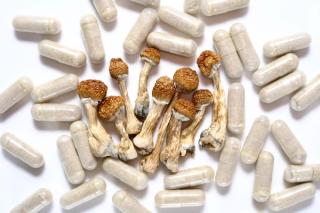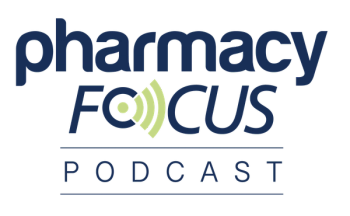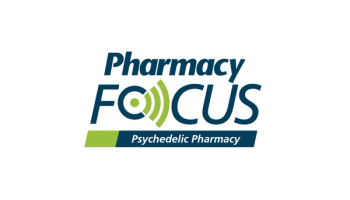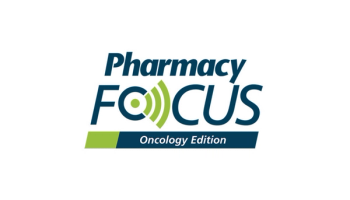
Psychedelics
Latest News

Latest Videos

Podcasts
CME Content
More News

MM120 shows promise in treating generalized anxiety disorder, demonstrating significant symptom relief and a potential shift in psychiatric treatment approaches.
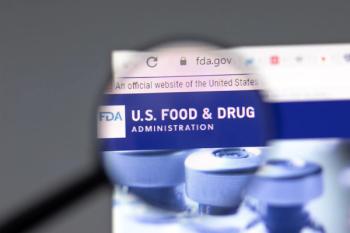
The action follows 2 FDA-issued complete response letters.

Joel Stanley of Ajna Biosciences reflects on the regulatory challenges surrounding MDMA-assisted therapy, outlines lessons for future psychedelic drug trials, and emphasizes the importance of scientific rigor, interdisciplinary infrastructure, and the evolving role of pharmacists in ensuring safe clinical integration.

Psychedelic treatments may ease cancer distress at various stages of the care journey.
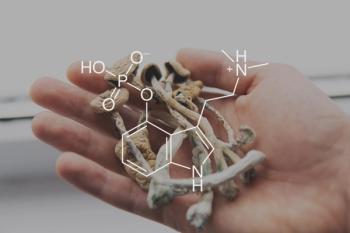
With Oregon, Colorado, and New Mexico legalizing psilocybin-assisted therapy, opportunities for treatment are expanding.

Psilocybin at the Crossroads: Regulatory Barriers and the Pharmacist’s Role in Palliative Innovation
Abigail Thomas, PharmD, and Lee A. Kral, PharmD, discuss the evolving role of psilocybin-assisted therapy in palliative care, highlighting current evidence, safety concerns, and how pharmacists can guide patient selection, manage drug interactions, and support education as the therapy moves closer to clinical use.

As evidence grows for psilocybin-assisted therapy’s effectiveness in treating mental health and addiction, efforts are increasingly focused on ensuring equitable access—particularly for underserved communities disproportionately affected by systemic barriers and public health crises.

Many other issues on the new administration’s plate are taking priority.

The health care community was left largely unaware of the controversy that occurred at one of the clinical trial sites.

The trend toward higher-potency marijuana could pose additional, unknown risks.

The court also addressed the employer’s basis for ordering a drug test.

The authors note that future research will observe personality changes when psilocybin is used in patients with opioid-use disorder.

The pipeline of hallucinogenic and nonhallucinogenic psychedelic medicines is exploding.

When considering the 3-stage framework, perhaps a greater emphasis on pre-treatment phase research could help identify some of the more individual traits used to better predict patient outcomes.
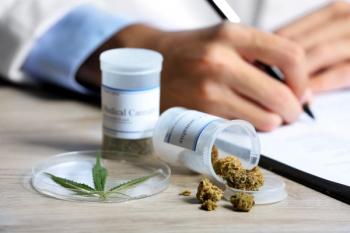
As access becomes easier, pharmacists are more likely to encounter questions.

The DEA will have a hearing in December 2024 regarding the potential reclassification of cannabis to Schedule III, which could significantly impact the regulatory environment for pharmacies and their involvement in the cannabis market.

Previously, an independent advisory panel for the FDA rejected the use of MDMA-assisted therapy for posttraumatic stress disorder (PTSD), citing concerns of the reliability of the clinical trial data.

The authors note that the oral, at-home treatment can be a better alternative for patients by reducing inconveniences that come with the injectable and nasal administration methods.
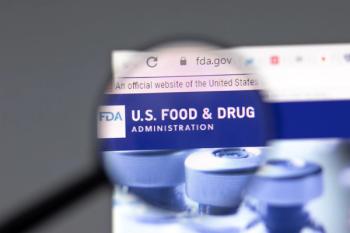
Although the committee's vote is non-binding, it does raise questions about optimal evaluation of psychedelics in clinical trials.
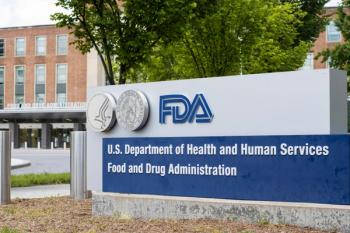
The panelists expressed concerns about clinical trial data and concluded that the benefits do not outweigh the risks, but the FDA does not have to follow their recommendation.
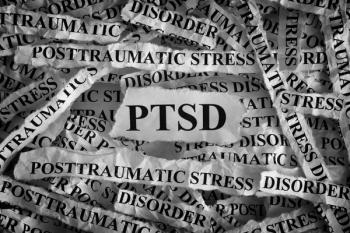
This is the first FDA advisory committee meeting that will review a potential new posttraumatic stress disorder treatment in 25 years.

However, psychedelic medicine has a variety of barriers, including historical perception, access challenges, legal obstacles, and ethical questions.

Despite being a Schedule I drug, cannabis is increasingly used in oncology for symptom management, although data remains limited.

MDMA-assisted therapy and psilocybin currently lead the way with potential approvals by the FDA.
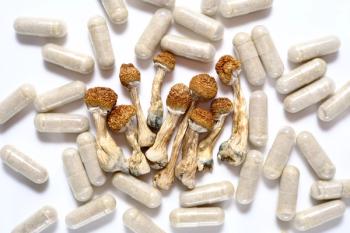
Psychedelic medicines such as psilocybin, MDMA, ketamine, and LSD have been shown to have a significant impact on conditions such as major depressive disorder, generalized anxiety disorder, and post-traumatic stress disorder in clinical trials.








